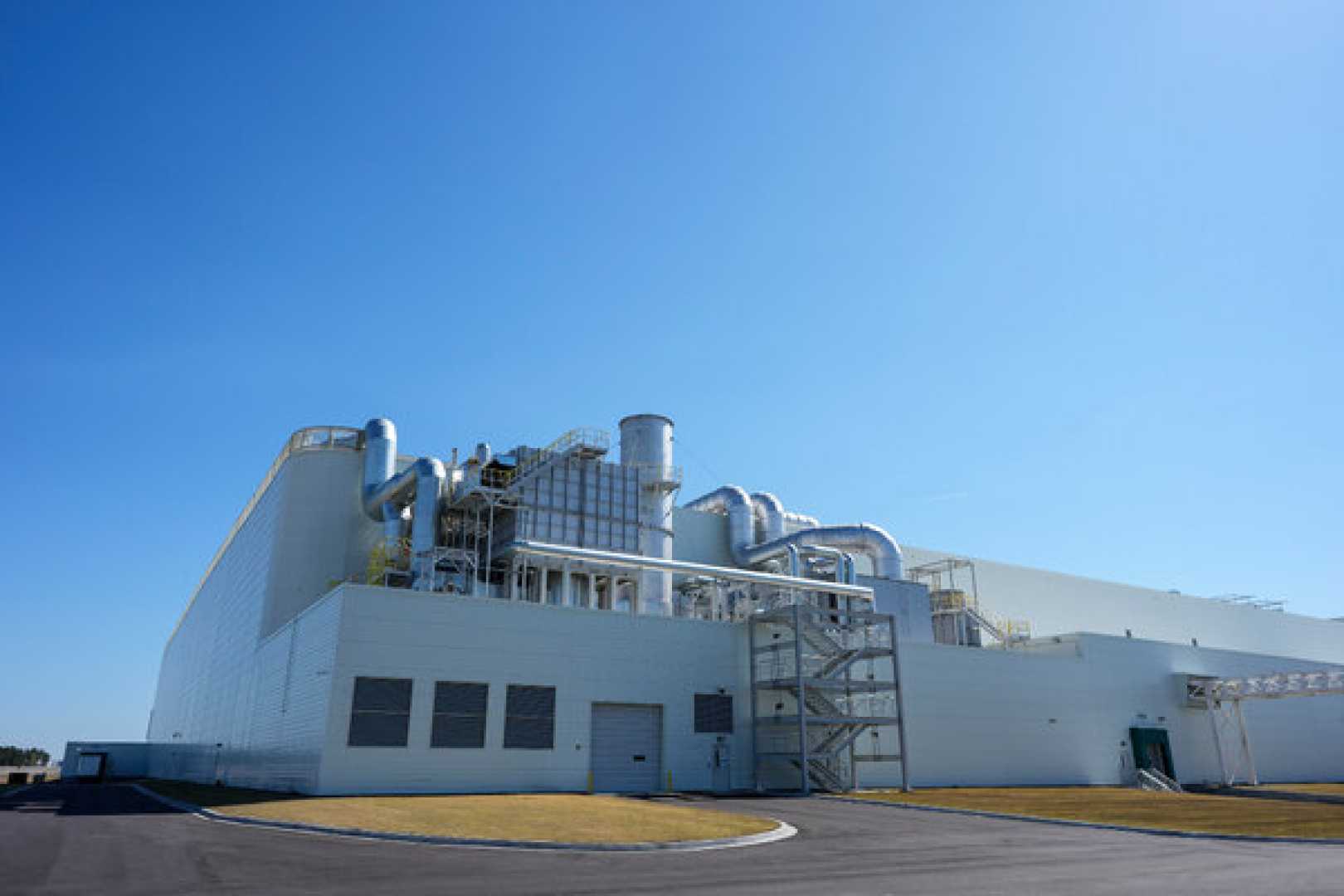News
Immigration Raid Hits Hyundai Plant in Georgia, Sparking Outcry

Ellabell, Georgia — On September 4, U.S. Immigration and Customs Enforcement (ICE) conducted one of its largest immigration raids during President Donald Trump’s second term, targeting a Hyundai Motor Group electric vehicle plant. Nearly 500 armed officers executed the raid, resulting in the arrests of 475 individuals, primarily South Korean nationals.
The raid occurred shortly after Trump’s meeting with South Korean President Lee Jae Myung, centered around a commitment of $350 billion for expanding Korean manufacturing operations in the U.S. While the intent was to promote American job creation, the implementation has proven complex. Many companies rely on bringing their own workers for skilled tasks, but have faced challenges securing appropriate visas.
“The companies are in an impossible position,” said a senior Korean official, highlighting the need for Congress to facilitate short-term visa arrangements for construction workers. Historically, Georgia and other states have overlooked workers with questionable documentation, but this operation signaled a shift in policy.
Georgia Governor Brian Kemp responded to the raid, stating, “We will always enforce the law, including all state and federal immigration laws.” The operation represents a continuation of cooperative efforts between state and federal law enforcement.
The fate of nearly 300 Korean workers remains uncertain. Hyundai has clarified that none of the detained individuals are direct employees of the company; rather, many are affiliated with LG Energy Solutions and HL-GA Battery Company. South Korean officials have announced plans to charter a flight to repatriate the arrested individuals.
In South Korea, the news of the raid caused outrage, sparking media coverage that featured images of detained workers being shackled and placed on buses. “We are there to help boost American industries,” Choi Jong-gun, a former vice foreign minister, expressed. “But what we saw was those Koreans treated like criminals.”
The implications of the raid extend beyond immediate legality, possibly dissuading foreign investors from pursuing deals with the Trump administration. Hyundai has stated that its commitment to U.S. investment remains unchanged, though it has indicated an internal review of its business trips due to recent developments.
This immigration raid exemplifies the tension between American labor policies and foreign investment, raising questions about the future of international business partnerships within the U.S.












